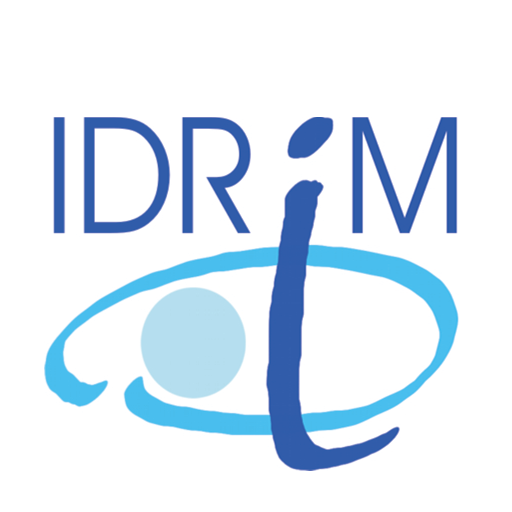Samos is a Greek island in the Eastern Aegean, rich in history and culture. This is the place to experience the authentic Aegean culture and lifestyle.
The island has an outstanding natural landscape, beautiful beaches, fine wine and significant monuments and archaeological sites.
The position Samos at the crossroads of sea routes that connect the Greek mainland with Asia and Africa, favored its evolution into a center of the momentous civilization of Ionia and of Ionic rational thought that affected deeply human intellect. Samos is the island of the great ancient mathematician and philosopher Pythagoras, the place that hosted the ancient historian Herodotus and the fabulist and storyteller Aesop, the birthplace of the great philosopher Epicurus and of the astronomer Aristarchus, the place where Antony and Cleopatra enjoyed their holidays.
Inhabited since the 3rd millennium BC, the island was renowned during the course of the centuries through traditions and myths that spoke of its early glory and its maritime and mercantile strength. In the Archaic period, Samos became one of the greatest centres of Ionian civilization, displaying significant buildings and important technical achievements, such as the temple of Hera, the Eupalinian aqueduct, and the library of Polycrates.
The island is filled with landmarks that reflect its historic past. The fortified ancient city of Pythagoreion and the ancient Temple of Hera, Heraion of Samos, are both listed as UNESCO World Heritage Monuments. The two archaeological museums at Vathi and Pythagoreio house rich finds from archeological excavations and showcase the splendor of Samos history.
Samos’s vibrant culture blends classical and traditional heritage with contemporary lifestyle, while its scenic landscapes and vineyards continue to shape its identity. Organized but also unspoiled pristine beaches are also part of a breathtaking land-based image, offering various leisure and relaxation options for visitors. These who enjoy hiking, can explore mountains, caves and ravines, castles, monasteries, and historic villages.
Renowned for its rich culinary heritage, the island emphasizes local ingredients such as fresh seafood, herbs, and olive oil, reflecting a deep connection to its natural environment. After all, Samos is the place where the rules of healthy eating were established in the 6th century BC. It is known that until the 18th century, the vegetarian diet was called worldwide the “Pythagorean diet “. Furthermore, prestigious wineries, known especially for their award-wining Muscat wines, showcase the region’s devotion to quality and tradition in winemaking.
The island is also rich in legends and traditions that passed down through generations. Samos’ unique craftsmanship, including pottery and weaving, thrives in every corner. Local festivals showcase local music, dances, and cuisine, reflecting the island’s deep-rooted local culture and vivid community spirit. For more information about Samos please click here to visit the official site of the Municipalities of Easter and Western Samos.

